Premium Only Content
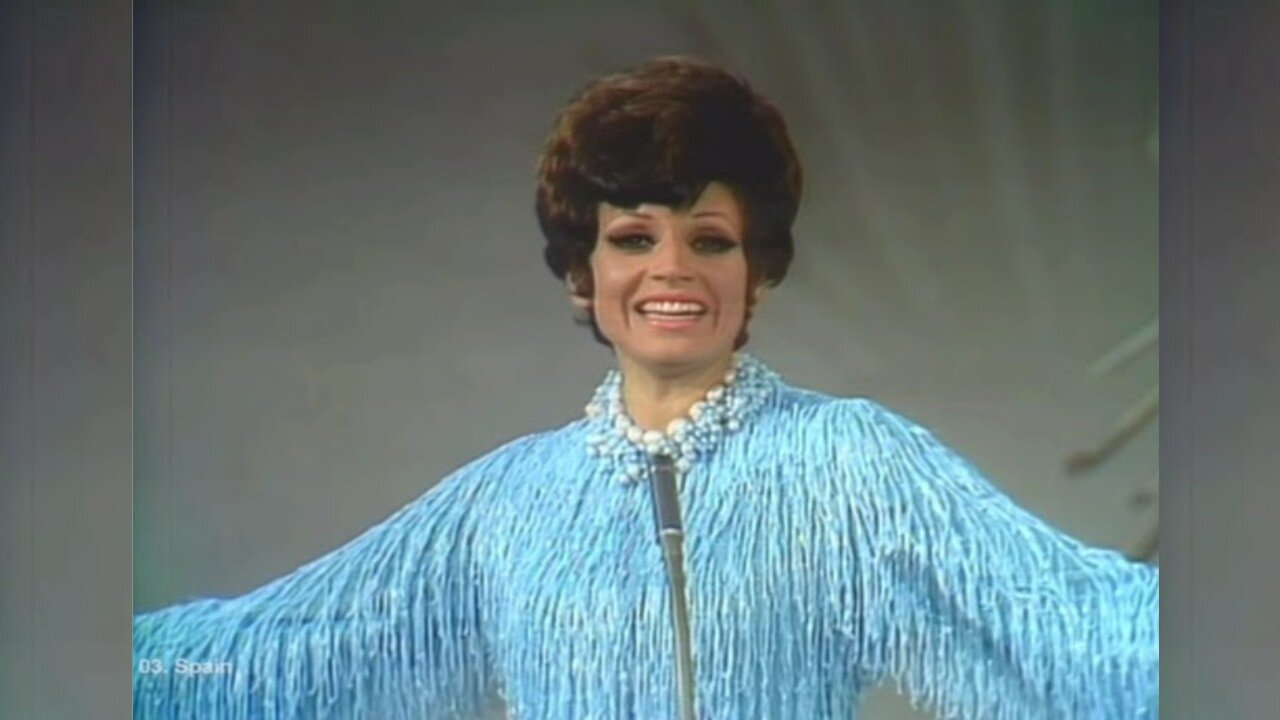
🔴 1969 Eurovision Song Contest full show in Madrid (Spanish Commentary by José Luis Uribarri)
Date: 29 March 1969 - Host Venue: Teatro Real - Madrid, Spain
Presenter: Laurita Valenzuela - Musical director: Augusto Algueró
Directed by Ramón Díez - Executive supervisor: Clifford Brown
Host broadcaster: Televisión Española (TVE)
Interval act: "La España diferente" film
The Eurovision Song Contest 1969 was the 14th edition of the annual Eurovision Song Contest.
Four countries (the United Kingdom, Spain, the Netherlands and France) won the contest, the first time ever a tie had occurred. However, there was no rule at the time to cover such an eventuality, so all four countries were declared joint winners.
France's win was their fourth, thus making it the first country to win the contest four times. The Netherlands' win was their third. Spain and the United Kingdom each won for the second time. And it was the first time that any country (Spain, in this case) had a winning ESC entry two years in a row. This is so far the only occasion Spain has hosted the contest, as well as their last win to date.
The venue selected to host the 1969 contest was the Teatro Real, an opera house located in Madrid. The theatre reopened in 1966 as a concert theatre and the main concert venue of the Spanish National Orchestra and the RTVE Symphony Orchestra. The final featured an onstage metal sculpture created by surrealist Spanish artist, Amadeo Gabino.
Austria was absent from the contest, officially because they could not find a suitable representative, but it was rumoured that they refused to participate in a contest staged in Franco-ruled Spain.
Regular Spanish commentator until 1968 was Federico Gallo, but José Luis Uribarri took over the job, which he continued at the 1970 Contest. Uribarri returned as the Spanish commentator between the 1974 and the 1976 Contests. After an hiatus between 1977 and 1991, he returned as commentator at the 1992 Contest and continued in the job until the 2003 Contest, which cemented his status as the voice of Eurovision in Spain. He made returns again for the 2008 and the 2010 Contest.
Other than the contest itself, Uribarri presented the Spanish national final Pasaporte a Dublín for the 1971 Contest. In 1998, he directed and wrote the four-episode documentary series Eurovisión Siglo XX, which focused on the history of the Eurovision Song Contest.
You can watch this documentary here:
for the 50s and 60s and
for the 70s and
covering the 80s and
the final episode about the 90s in the ESC
In 2000 and 2001, José Luis Uribarri directed Spanish national finals Eurocanción 2000 and Eurocanción 2001. He also made appearances as a member of the jury in Spanish national finals. In 2009 he headed the jury at Spanish national final Eurovisión 2009: El retorno, and he was a member of the Spanish jury as well at the Eurovision Song Contest 2009.
For the first time in the history of the Eurovision Song Contest, the outcome of the voting resulted in a tie for first place. Four countries gained 18 points each: France, the Netherlands, Spain and the United Kingdom. Since there was no solution for this situation, all four countries were declared winners. Luckily, there were four medals available to the four winning singers - the four medals were originally intended for the winning singer and three winning songwriters.
Results:
Draw Country Artist Song Language Place Points
01 Yugoslavia Ivan [hr] & 4M [hr] "Pozdrav svijetu" (Поздрав свијету) Serbo-Croatian 13 5
02 Luxembourg Romuald "Catherine" French 11 7
03 Spain Salomé "Vivo cantando" Spanish 1 18
04 Monaco Jean Jacques "Maman, Maman" French 6 11
05 Ireland Muriel Day & The Lindsays "The Wages of Love" English 7 10
06 Italy Iva Zanicchi "Due grosse lacrime bianche" Italian 13 5
07 United Kingdom Lulu "Boom Bang-a-Bang" English 1 18
08 Netherlands Lenny Kuhr "De troubadour" Dutch 1 18
09 Sweden Tommy Körberg "Judy, min vän" Swedish 9 8
10 Belgium Louis Neefs "Jennifer Jennings" Dutch 7 10
11 Switzerland Paola del Medico "Bonjour, Bonjour" German 5 13
12 Norway Kirsti Sparboe "Oj, oj, oj, så glad jeg skal bli" Norwegian 16 1
13 Germany Siw Malmkvist "Primaballerina" German 9 8
14 France Frida Boccara "Un jour, un enfant" French 1 18
15 Portugal Simone de Oliveira "Desfolhada portuguesa" Portuguese 15 4
16 Finland Jarkko & Laura "Kuin silloin ennen" Finnish 12 6
-
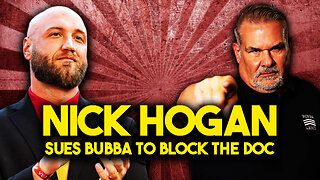 LIVE
LIVE
The Bubba Army
20 hours agoNick Hogan Sues Bubba to BLOCK the DOC - Bubba the Love Sponge® Show | 9/03/25
7,556 watching -
 33:25
33:25
Uncommon Sense In Current Times
14 hours ago $0.02 earnedHollywood’s Woke Agenda Exposed | Kevin Sorbo on Cancel Culture, Faith & the Common Sense Revolution
4.16K -
 8:23
8:23
The Art of Improvement
19 hours ago $0.04 earned7 Smart Habits to Boost Mental Clarity
721 -
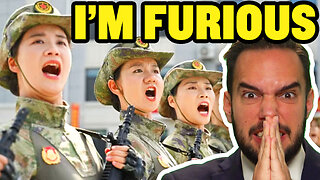 12:09
12:09
China Uncensored
10 hours agoI Have NEVER Been More Furious
1.1K11 -
 2:12
2:12
WildCreatures
4 days ago $0.59 earnedThe beauty and mystery of the Pantanal, Brazil's best secret
1.73K2 -
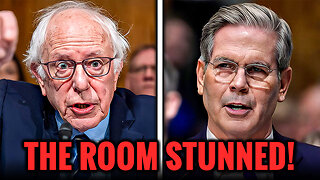 9:38
9:38
Millionaire Mentor
17 hours agoBernie Sanders LOSES IT After Scott Bessent’s Shocking Comeback
783 -
 1:35:35
1:35:35
Dialogue works
1 day ago $0.38 earnedLarry C. Johnson & Paul Craig Roberts: Trump’s Plan COLLAPSES as Russia Strikes — Xi & Modi Rise!
8493 -
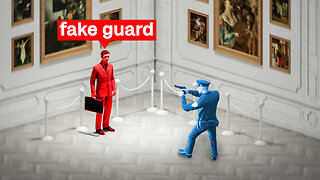 14:09
14:09
Zoufry
2 days agoThe Hunt for The Biggest Art Thief in US History
1383 -
 29:23
29:23
DeVory Darkins
1 day ago $12.92 earnedTrump makes BOMBSHELL Announcement as Democrat Judge issues SHOCKING Order
12.8K174 -
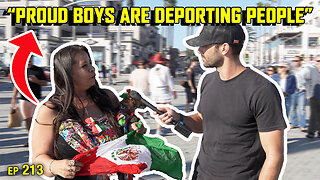 28:31
28:31
James Klüg
1 day agoDemocrats Are FURIOUS With Trump’s Immigration Policy But Know Nothing About It | Part 2
14K19